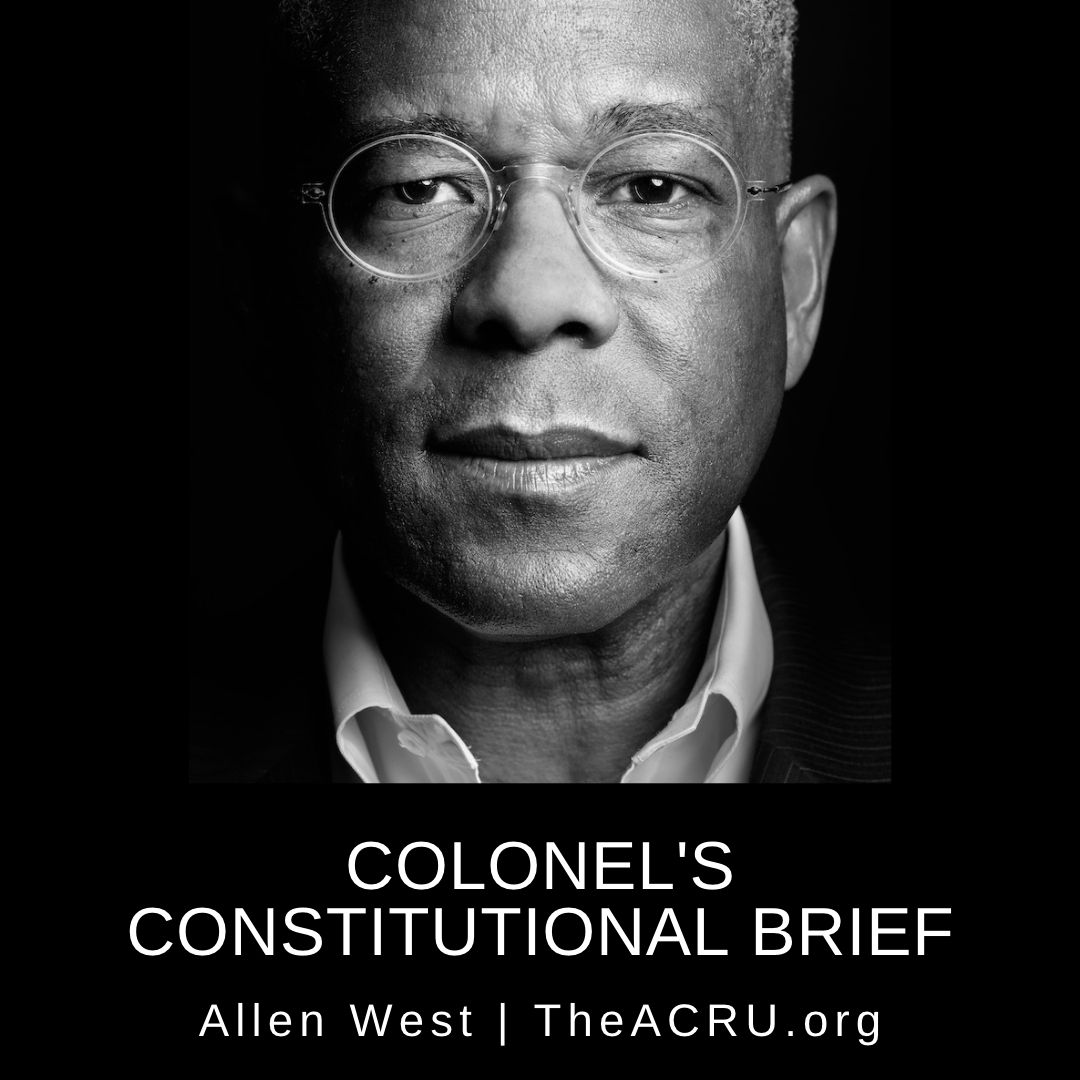Rucho v. Common Cause: A Significantly Modest Victory for Judicial Restraint
ACRU Staff
July 10, 2019
In Rucho, the Supreme Court concluded that political gerrymandering claims present the federal courts with nonjusticiable political questions. The Court noted that the Framers of our Constitution knew of problems with electoral districts and assigned the issue to state legislatures, subject to congressional oversight. “At no point was there a suggestion that the federal courts had a role to play.” And, while the federal courts have addressed one-person, one-vote and racial gerrymandering issues, political gerrymandering claims were fundamentally different, in part because there is no constitutional bar to political gerrymandering.
Indeed, because some political gerrymandering is to be expected, the problem is identifying when there has been too much. That determination requires a test that has “especially clear standards,” one that is precise, limited, clear, and politically neutral, or, as otherwise stated, judicially discernible and manageable. Since 1973, the Court has struggled to find such a test, and none appeared in this case. In particular, the Court rejected the lower court’s invocation of the Equal Protection Law, the First Amendment, and two provisions of the U.S. Constitution, the Elections Clause and Article I, § 2.
The victory is significant because it takes the federal courts out of the political gerrymandering thicket. It is modest because it remands political gerrymandering claims to the state courts, some of which (like Pennsylvania’s has done) will lack the modesty needed to stay out of the tar pit. Those state courts will have to come up with precise, clear, and politically neutral tests. Good luck with that!
Nonetheless, in the 2020 round of redistricting, we can expect to see a lot of state court litigation.
The American Civil Rights Union, joined by the Southeastern Legal Foundation, filed an amicus brief in support of North Carolina in which it argued that the First Amendment was a poor fit for political gerrymandering claims.
SUPPORT THE ACRU






